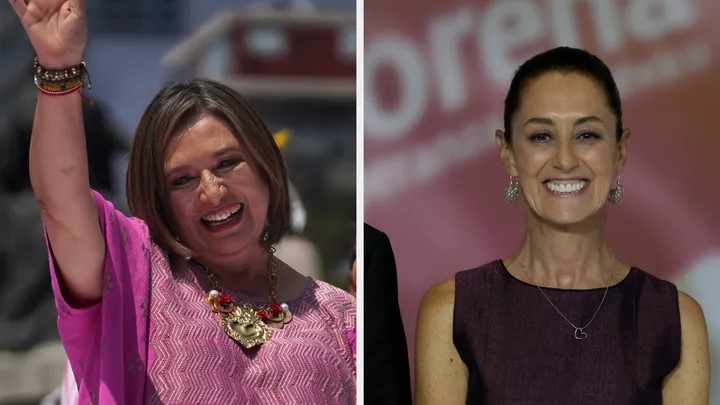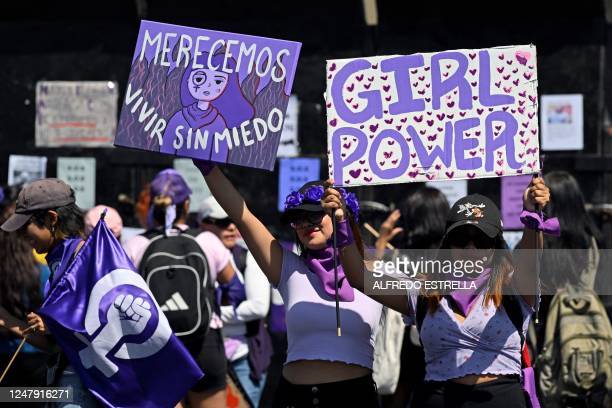Mexico will see its first female President in the upcoming 2024 elections. While the ruling Morena Party confirmed Mayor Claudia Sheinbaum as its candidate, Senator Xóchitl Gálvez was chosen as its candidate for 2024 by the opposition coalition. The 2024 elections will be a historic moment for the women of Mexico.

Women with Exemplary Competence
These women, chosen by their respective parties show exemplary proficiency in their area of work, knowledge and expertise of the world and an unwavering confidence.
Claudia Sheinbaum is a climate scientist turned politician. With a PhD in energy engineering and a scientist by profession, she has authored over 100 academic articles and has contributed to the Intergovernmental Panel on Climate Change. She was awarded the Nobel Prize in 2007 and was listed in BBCs Top 100 women.
A 3rd generation Jewish immigrant, she started her political career as a student. Her major political victories started with her appointment as Secretary of the Environment. Sheinbaum served as a Delegation Chief of the Tlalpan borough from 2015 to 2017 and was elected to lead the Federal District in the 2018 election. She was elected head of the government of the district in the 2018 elections.
Her opposition, Gálvez is a businesswoman turned politician with a rags to riches story. Gálvez was born into an impoverished community of Hidalgo. Her father was an alcoholic and her mother sold puddings, whom she helped to make ends meet.
With a degree in engineering, she became the founder of a successful building design firm. She was chosen to lead the National Institute of Indigenous people in 2000. She was elected as the Mayor of Miguel Hidalgo in 2015 and entered the Senate in 2018. She strongly advocates for issues concerning the environment, abortion and LGBTQ+ with zero corruption scandals.
A Strong Case for Women Empowerment
This political victory for the women of Mexico comes the same day as their social victory.
Mexico’s Supreme Court ruled that state laws that criminalise abortions are violative of the constitution and rights of women, marking a major victory for women rights activists in a nation with excessive influence of the Catholic Church.
A nation of “developing status” then stands in sharp contrast to its developed neighbour where almost a year back abortion was criminalised by the Supreme Court.
Between 2017 to 2024, Mexico has shown continuous improvement in its gender gap status. While 23% of inequalities still persist, rising charts present us with a promise of progress. This coupled with the country awaiting its first female President and a legislation that decriminalises abortion waiting to be passed by the Congress, the future for the women in Mexico appears promising.












